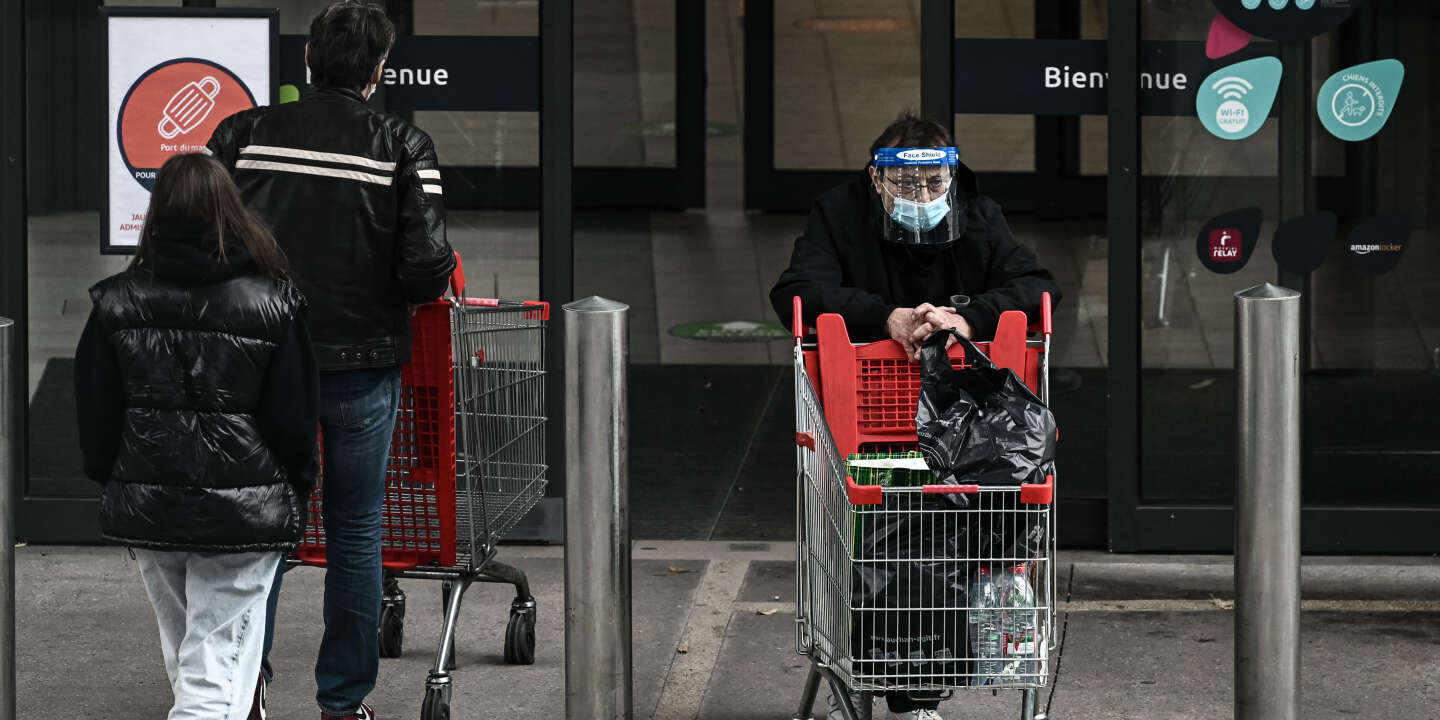In the midst of the war in Ukraine, would a European embargo on Russia’s energy supply punish Russia more… or Europe itself? According to the Council for Economic Analysis (CAE), affiliated with the Prime Minister’s Office, taking such a sanction would merely: “relatively low impact” to the countries of the European Union (EU) and would therefore “manageable” for this. The body is responsible for informing the government and evokes a potential loss of income averaging between 0.2 and 0.3% across the continent. Or about $100 per adult, according to the note signed on Monday, April 4 by four economists, David Baqaee, Benjamin Moll, Camille Landais and Philippe Martin.
As much as the United States declared an embargo on hydrocarbons on March 8, Europe is not there yet. Except for the Baltic countries: the Lithuania indicates that it has stopped imports since April, Estonia and Latvia are preparing for this.
Unlike the Americans, who do not buy it, Russian gas still accounts for a significant part of European consumption. Why announce a limited impact in the event of an embargo? The study explains “by the fact that, even in the short term, companies and the economy as a whole (even very partially) can replace energy sources for others and semi-finished or finished products for others”†
According to the CAE, the consequences of an embargo in certain countries could turn out to be “much greater” and “European solidarity” would be necessary
According to the co-authors, the impact for France would be limited to: “a decrease of about 0.15 to 0.3%” of gross national income. In the case of Germany, the scenarios range from a drop of 0.3% to 3% for the most pessimistic. The leading economy in the Eurozone is more dependent on fossil fuels and in particular gas, while France relies mainly on nuclear energy for its electricity production. Cut off Russian gas imports “would harm us more than Russia”, German Finance Minister Christian Lindner said Monday.
According to CAE forecasts, the consequences of an embargo could include: “more important” in some countries and would imply: “European solidarity”. This is the case for Bulgaria, Slovakia, Finland and the Czech Republic. The study goes so far as to predict a 5% decline in Lithuania’s gross national income.
The impact on purchasing power
An alternative to a total embargo would be a drastic cut in imports (about 80% less) and a tax on remaining supplies. According to the study’s co-authors, this solution would be less painful for the countries most dependent on Russian supplies, including Lithuania and Bulgaria.
Generally, “this is an optimistic note”, said Jacques Percebois, professor emeritus of economics at the University of Montpellier. However, the vital purchasing power issue has yet to be resolved, particularly for the most vulnerable: ” If prices rise, there is a risk that they will lead to inequalities in household behaviour. † Especially during the following winter, the main heating period each year. “Since gas demand is extremely seasonal, it would be crucial to define the transience of an embargo to study its effects”points out Anna Creti, director of the Climate Economics chair at Paris-Dauphine University.
The CAE mentions, among other things, those of“a price ceiling on
the European market that would make it possible to counteract speculative pressures”.




